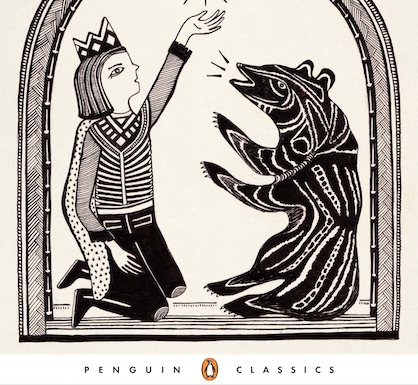The following is an interview with translator Maria Tatar, of Franz Xaver Von Schönwerth’s The Turnip Princess and Other Newly Discovered Tales, available here—and if you’d like a taste, check out our recent Translation Tuesday, featuring the short story “The Enchanted Fiddle!”
Could you talk about the Turnip Princess and what sort of fairy tales they are?
Schönwerth collected his stories from farmhands, domestic servants, artisans —people who worked for a living and were experts in the art of gossip, improvisation, talk, and storytelling. His official work took him into royal quarters, but he was deeply committed to capturing tales told by adults in workrooms and around the hearth. Unlike the Grimms, who were equal-opportunity collectors, begging and borrowing from all social classes, Schönwerth wanted tales untainted by literary influences—hence the rough-hewn quality of many of his stories. He did not smooth out rough edges, add psychological motivation, or make stylistic “improvements.” The Turnip Princess lets us listen in to storytelling sessions from times past. And suddenly, once you’ve read a a dozen or so of these tales, you begin to see how they were put together and animated for audiences.
How did you prepare to translate this sort of writing?
I suppose I could say that I have been preparing for this work all my life. I was trilingual for a brief period as a child, speaking Hungarian, German, and English—never confusing them according to my parents, and thank goodness for that. My graduate work in German Studies took a literary turn, and I did not begin research on folklore and fairy tales in earnest until I started reading fairy tales to my children in the 1980s. Translating the fairy tales of the Brothers Grimm and Hans Christian Andersen for my annotated editions of their work was in some ways actually not the best training ground for Schönwerth. The Grimms and Andersen strive for a carefully constructed folksy tone; Schönwerth by contrast just puts on the page what he hears. I often had to resist the temptation to smooth out the rough edges and create a reader-friendly story. READ MORE…

